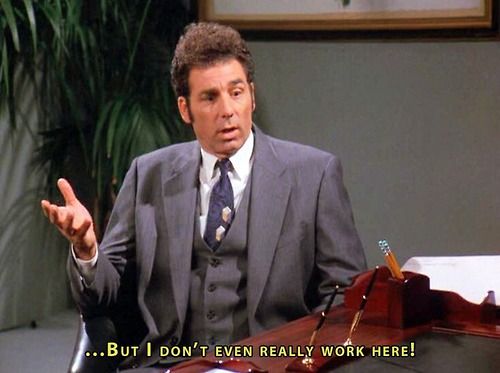Editors Note: For the last 16 days of December, SourceCon will be resharing our most popular articles from the year.
There are many times when a recruiter finds a perfect candidate and the candidate has everything needed to do the job plus more. The candidate also has great references and a go-getter attitude. The candidate interviews several times with the company only to be turned down. The reason that is given is that the candidate doesn’t fit in with the company culture. Well, what does that mean exactly? It could mean a lot of things and is often a general excuse given by hiring managers. The modern workplace is not just about getting a job done, it is about having social interactions with people.

There is a lot of bias in hiring and it makes diversity hiring very hard. This bias is often unseen and is masked as “cultural fit.” A good example is an all-male workplace where the men go out for drinks after work. The hiring manager would rather hire another work buddy than anyone else. This issue isn’t limited to one country or one company. It is a global issue. The number of engineering jobs held by women is around 11% and 40% of women who earn engineering degrees either quit the profession or never into it. Most people would argue that a lot of women leave jobs due to family reasons. In a recent study, most women left the field because of the social work conditions.
Another great example of bias is the hiring that is happening at a lot of startups around the world. Very few startups have people over 50 years of age working at their organizations. The environment itself is not very friendly or tailored to people over 50. People over 50 don’t feel comfortable interviewing with managers who could have gone to school with their children and managers don’t feel comfortable hiring someone who could be their parent’s age. There is another factor as well, a lot of managers believe that older candidates will ask for more salary and be a heavy burden in the terms of benefits. Age is not measured as a diversity metric like race and gender.
Often, at job interviews and even on resumes candidates talk about their hobbies. They are asked about what they do outside of work. It doesn’t really matter what someone does outside of work as long as it doesn’t affect their job. So, why is it a topic of discussion? People want to be around others they have something in common with.

Social media adds another difficulty in the hiring process. Social media is a great way to source that passive candidate. Many hiring managers check out a candidate’s social media portfolio before even bringing a candidate in for an interview. One recruiter at a large global organization once mentioned that she was told by her hiring manager that he didn’t want to hire a candidate because he was wearing sunglasses in his LinkedIn profile.
We live in a world where our information is all out there for the world to see. People can find out our ethnic background, religion, political affiliations, family history, criminal background, pending court cases, traffic tickets, and just about anything else you can think of from the internet. People are rarely open about bias but a manager knows about 75% if he is going to hire a candidate before the candidate even interviews.
What can be done to change influence and change the bias?
Recruiters should probe hiring managers further when they say the candidate is not a cultural fit. We should ask for more detailed and elaborate answers from our decision makers. Here are some important questions to ask yourself about your organization:
- What is the demographic makeup of your organization?
- Are there any holes in your interview process that could be looked at as bias from people outside of the organization?
- Is there diversity within your management team?
- Do your managers have the proper diversity training?
Without these answers, you will have trouble hiring for the organization.
Diversity programs are important but often don’t yield much hiring. They are more important from a branding perspective. Corporate recruiters should partner with their human resources departments to come up with ideas to make the work environment more inclusive and make it more comfortable for employees. Feedback should be taken from candidates about their interview experience. Agency recruiters should learn more about their clients and help them make better hiring decisions. All recruiters should educate their hiring managers on what is the proper thing to do in all situations. Our influence as recruiters is what makes us powerful and effective. We will never be able to fix this problem completely but a few small changes will make the environment better.
